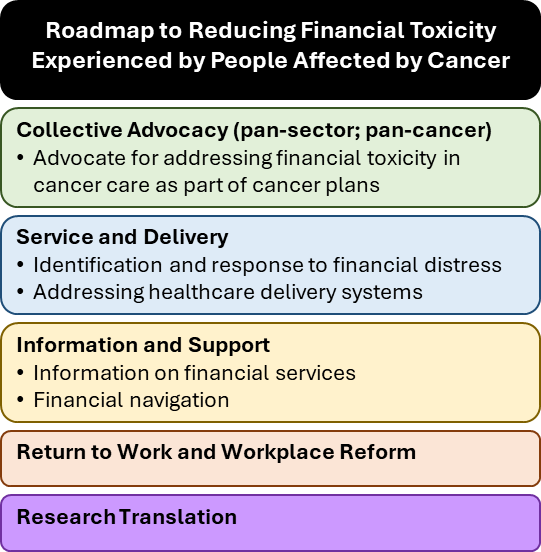An Australian clinical oncology working group reveal their roadmap to address financial toxicity.
Advocacy, service and delivery, and return to work reform headline a new roadmap to reduce financial toxicity for cancer patients.
The Clinical Oncology Society of Australia financial toxicity working group were formed in 2020 and spent their early years seeking to understand the extent of the problem, as well as the available services and resources for cancer patients. But now is the time for action, according to working group co-chair Professor Raymond Chan.
“As a nation, we are really a little late in addressing [the] financial impact of people affected by cancer. We’ve known about the issue for a long time,” the dean of nursing and health sciences research at Flinders University told delegates at the COSA Annual Scientific Meeting.
“Today marks the start of bringing people together and thinking through some of the actions we can take to address financial toxicity at the individual, organisational and systems and policy level.”
The working group defines financial toxicity as:
“The negative patient-level impact of the cost of cancer. It is the combined impact of the direct out-of-pocket costs and indirect costs and the challenging financial circumstances of an individual and their household due to cancer, its diagnosis, treatment, survivorship and palliation, causing both physical and psychological harms, affecting decisions which can lead to suboptimal cancer outcomes.”
Each point of the Roadmap contains “recommended national-level actions required to prevent, alleviate and manage financial toxicity in Australia” in both the short-term (one to three years) and medium- to long-term (within five years).

Examples of short-term actions include mapping current efforts for addressing financial toxicity and their impacts on federal government, jurisdictions, health services and non-government organisations in addressing financial toxicity (collective advocacy) and reaching an agreement on financial distress and toxicity risk screening tools and developing an implementation plan for their use (service and delivery).
Draft medium- to long-term actions include enhancing access and embedding the provision of financial support services information into standard healthcare practices (information and support) and developing and executing an advocacy plan for the desired approach to universal job security, right to return and employer recognition frameworks (return to work and workplace reform).
Professor Chan and co-chair Megan Varlow are happy to be contacted with further feedback on the draft Roadmap. The working group plans to finalise the Roadmap before the end of the year and seek COSA Council endorsement in February 2024.
The National Think Tank on Financial Toxicity in Cancer Care report, which informed the development of the draft Roadmap, is available online.


